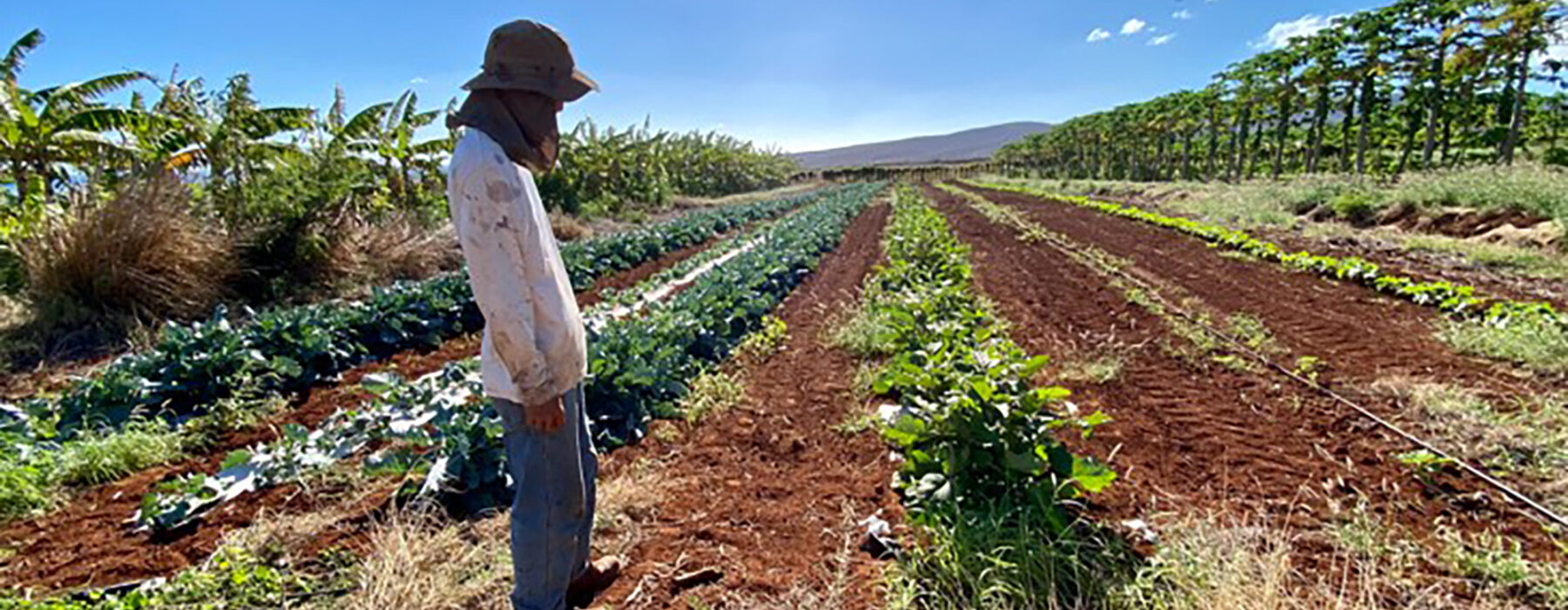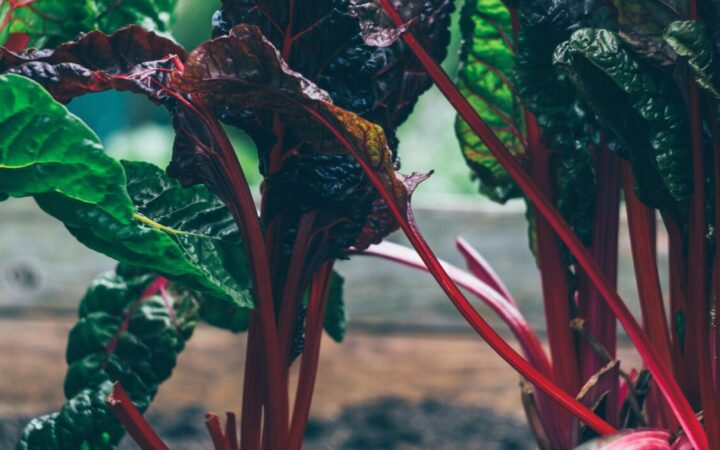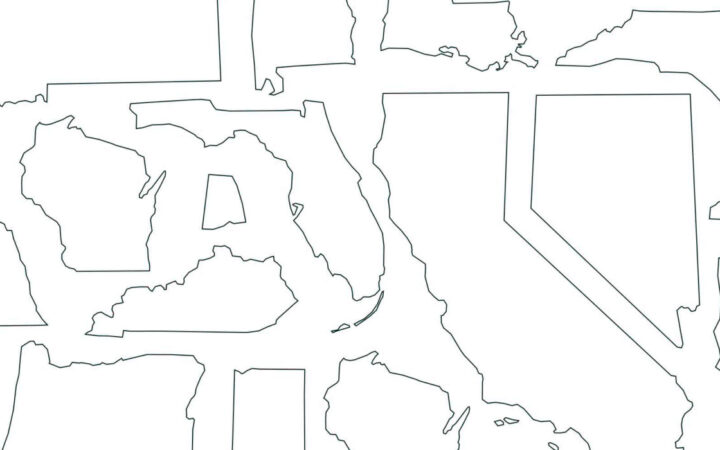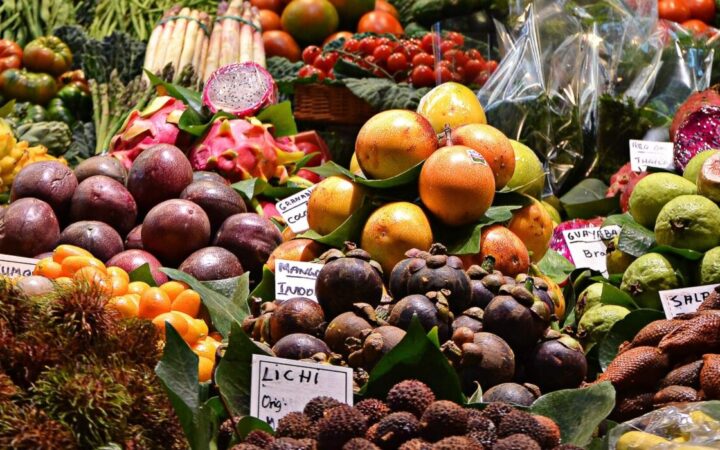This issue brief explores legislative policy opportunities at the state and local government level to increase the procurement of locally grown foods that hold cultural significance for groups of individuals who share a common cultural bond.
Executive Summary
This issue brief explores legislative policy opportunities at the state and local government level to increase the procurement of locally grown foods that hold cultural significance for groups of individuals who share a common cultural bond. The brief was prompted by a request from the Maui County Department of Agriculture to identify opportunities to support ongoing efforts to increase local cultivation and consumption of crops including, but not limited to, ‘ulu (breadfruit), kalo (taro),2 ‘uala (sweet potato), and pala’ai (pumpkin), which are essential to traditional Native Hawaiian foodways in Maui County and in the broader state of Hawai’i.
The State of Hawai’i already has some noteworthy laws in place to support the procurement of locally grown foods. Hawaiian laws also officially recognize some of the state’s cultural foods (CFs) and protect land used for the cultivation of some CFs. These “important agricultural lands” are further protected by the State’s constitution. In fact, based on high-level policy scans, it appears Hawai’i may already have some of the most extensive CF-related legal supports and protections in the country. Additionally, the County Government in Maui already legally recognizes the cultural significance of kalo.
This overall policy landscape provides promising opportunities for additional policy development at state, county, and local levels that specifically support procurement at the intersection of geographic preference and CF priorities in the State of Hawai’i, including in Maui County. For readers outside of Hawai’i, the state’s existing policy landscape may also provide models for advocates and policymakers who wish to explore legislative opportunities related to cultural foods and locally grown food procurement.
Acknowledgements
This resource was developed for the Healthy Food Policy Project’s Consultation and Resource Development Lab, based at the Center for Agriculture and Food Systems. We thank the following for their review and input: Laurie Beyranevand, Lihlani Nelson, Austin Price, and Emily Spiegel. Appreciation also goes out to Kaiea Medeiros and Lauren Nelson at the Maui County Department of Agriculture for their thoughtful review and comments on a draft of this resource. Additional support was provided by student research assistant Nicholas Glover.



